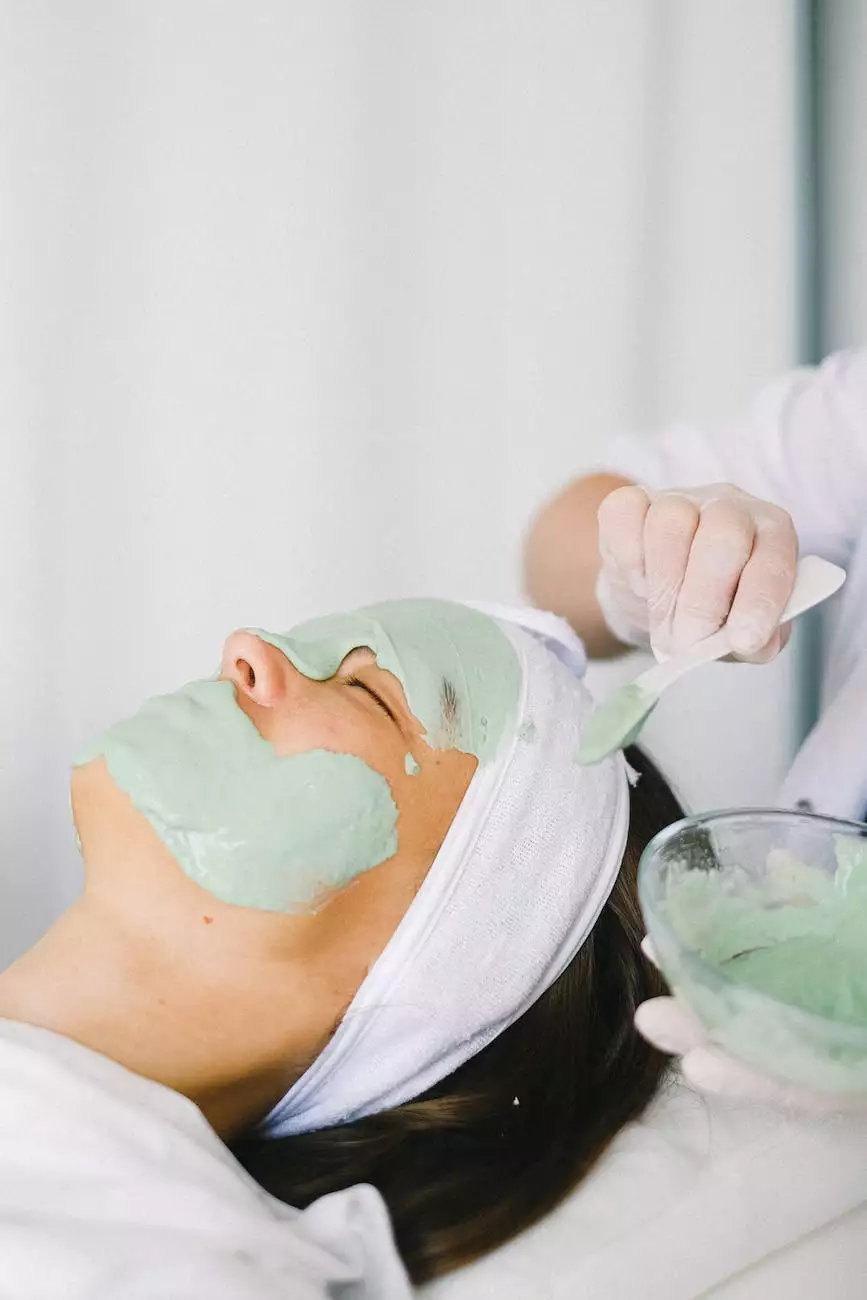Ingrown Toenail
Conditions
About Ingrown Toenail
An ingrown toenail is a common condition that occurs when the edge of the toenail grows into the surrounding skin instead of over it. It typically affects the big toe but can also affect other toes. This condition can be painful and may lead to infection if not properly treated.
Causes and Risk Factors
Ingrown toenails can be caused by various factors. Improper trimming of the toenails, excessively tight shoes, injury or trauma to the toenail area, and genetic predisposition are some of the common causes. People with curved or thick nails, athletes, and individuals with foot deformities or fungal infections are more prone to developing ingrown toenails.
Symptoms
The symptoms of an ingrown toenail may include pain, tenderness, redness, swelling, and even pus or drainage in severe cases. The affected area may also become sensitive or appear inflamed. If left untreated, the condition may become chronic and cause recurrent infections.
Treatment Options
Proper treatment of an ingrown toenail depends on the severity of the condition. Mild cases can often be managed at home with self-care measures. Soaking the foot in warm water, avoiding tight footwear, and gently lifting the edge of the ingrown nail using a clean instrument can provide relief.
If the symptoms persist or if there is an infection, it is essential to seek professional medical assistance. Nasseri Medical Centre & Medspa offers comprehensive treatments for ingrown toenails, ranging from conservative options to surgical interventions.
Conservative Treatments
- Partial nail plate avulsion: This procedure involves removing the edge of the ingrown toenail under local anesthesia.
- Antibiotics: Prescribing antibiotics to fight infection, if present.
- Topical medications: Application of specialized ointments or creams to reduce inflammation and promote healing.
Surgical Treatments
- Total nail plate avulsion: Complete removal of the affected toenail to prevent future recurrences.
- Matrixectomy: Surgical removal or destruction of the nail matrix to prevent regrowth of the ingrown nail.
Prevention Tips
Preventing ingrown toenails can help avoid the associated discomfort and potential risks. Here are some tips to prevent ingrown toenails:
- Trim toenails straight across and avoid rounding the corners.
- Keep toenails at a moderate length.
- Wear comfortable shoes that allow enough space for the toes.
- Avoid repetitive trauma or injury to the toenail area.
- Maintain good foot hygiene by keeping the feet clean and dry.
- Regularly moisturize the feet and nails to prevent dryness and brittleness.
- Seek professional help for any foot abnormalities or fungal infections.
Conclusion
Ingrown toenails can be painful and disruptive, but with appropriate care and treatment, they can be easily managed. Nasseri Medical Centre & Medspa specializes in providing effective solutions for ingrown toenails, ensuring optimal foot health and long-term relief for our patients. If you are experiencing discomfort or suspect an ingrown toenail, contact us today for a consultation.










